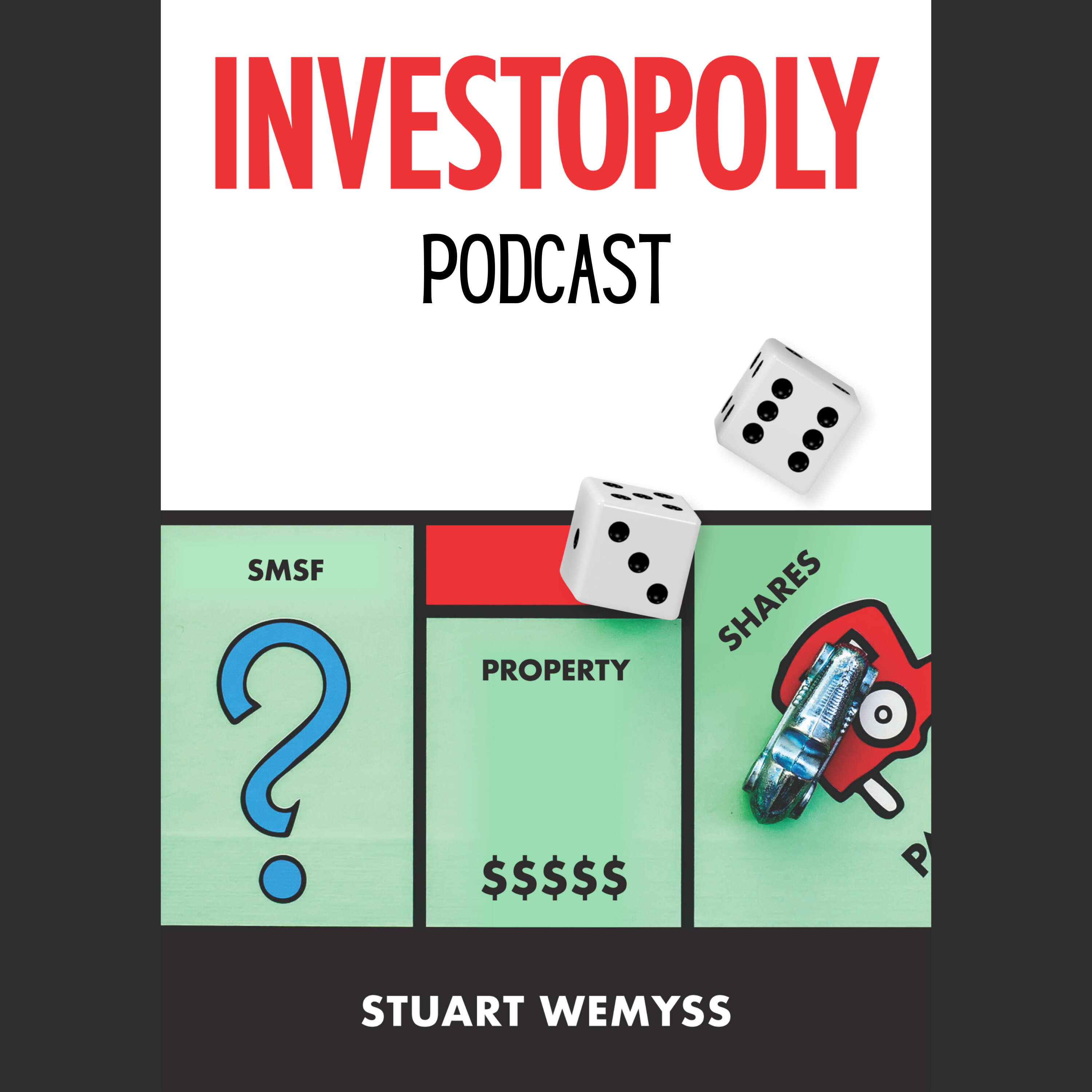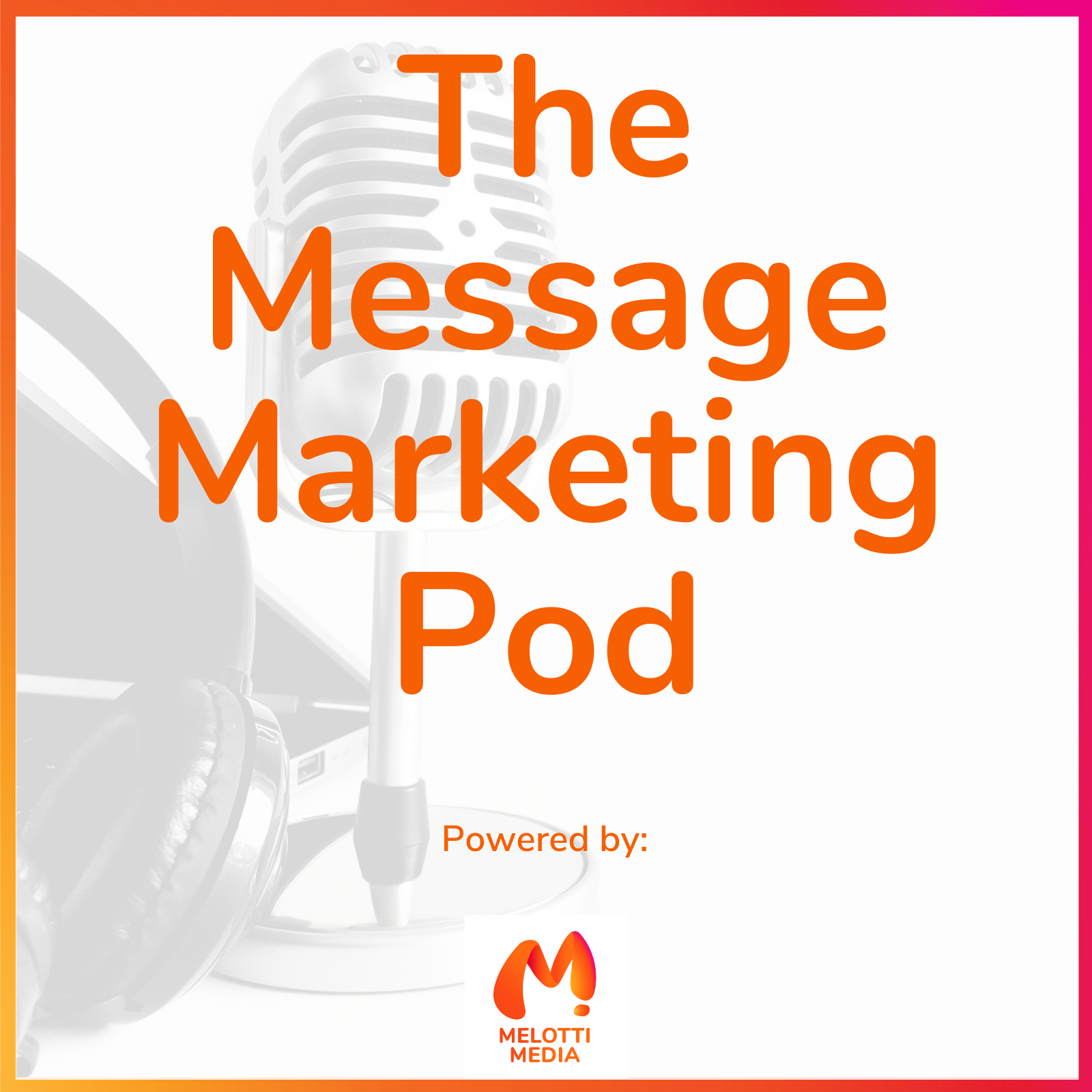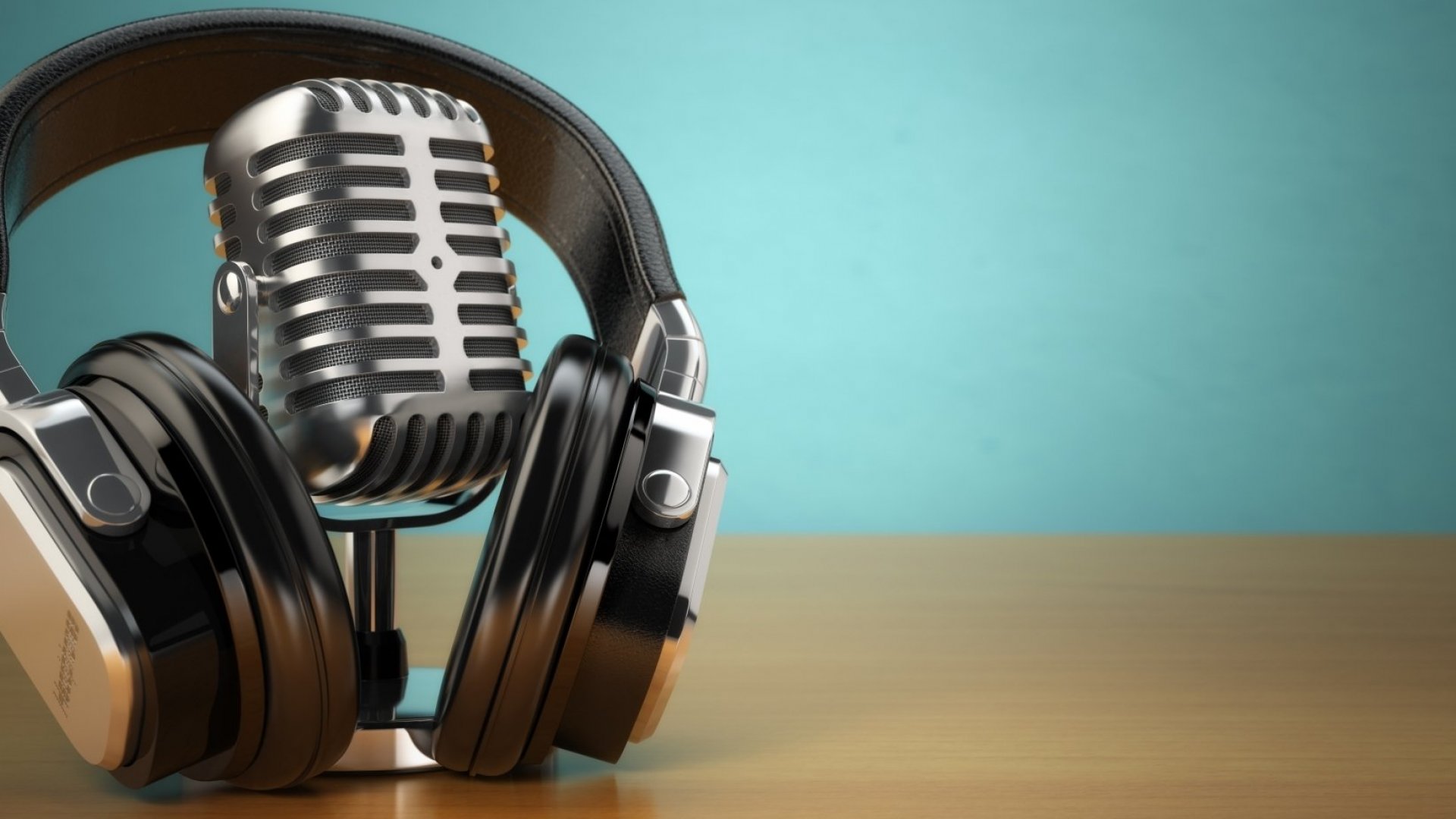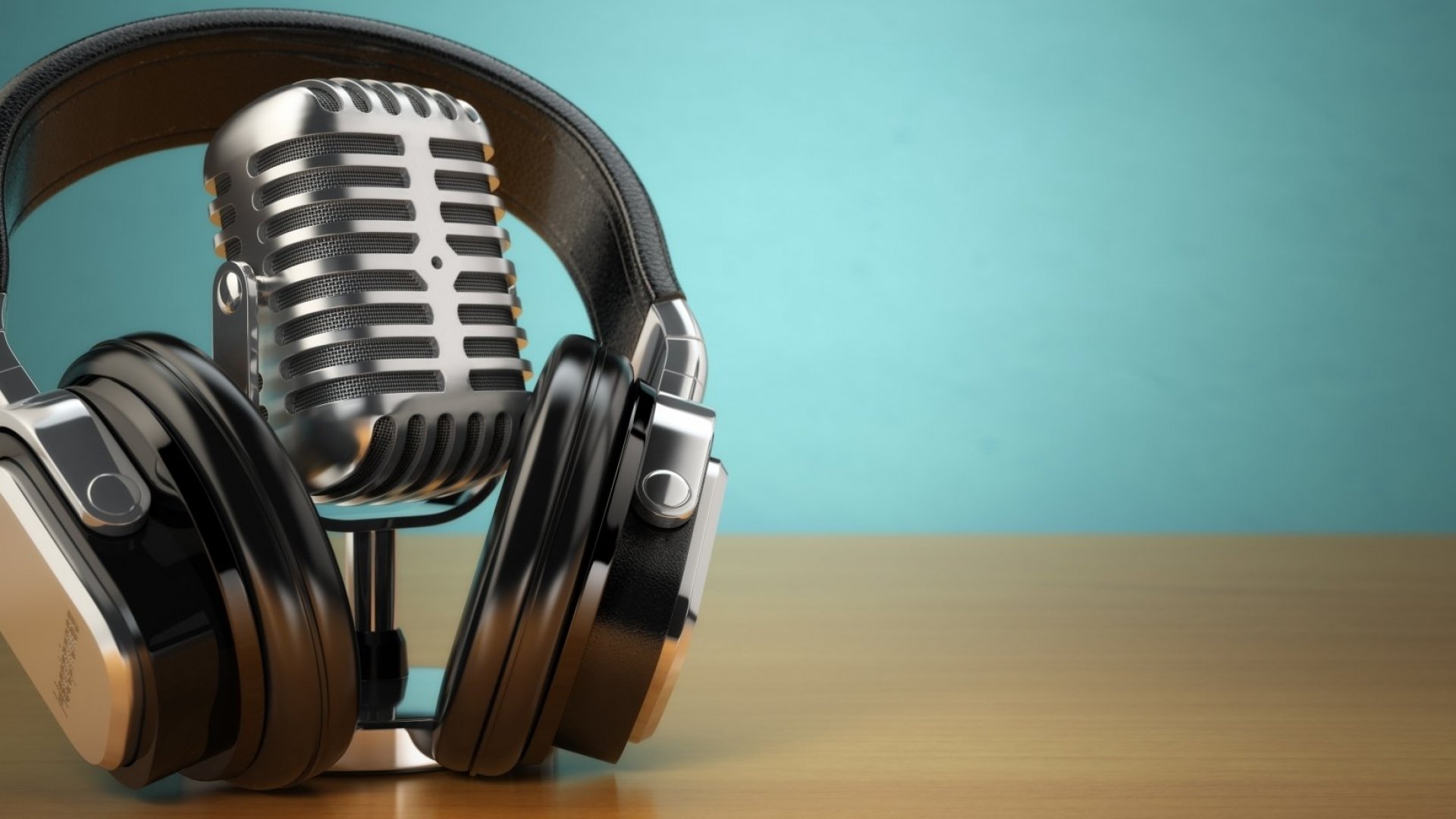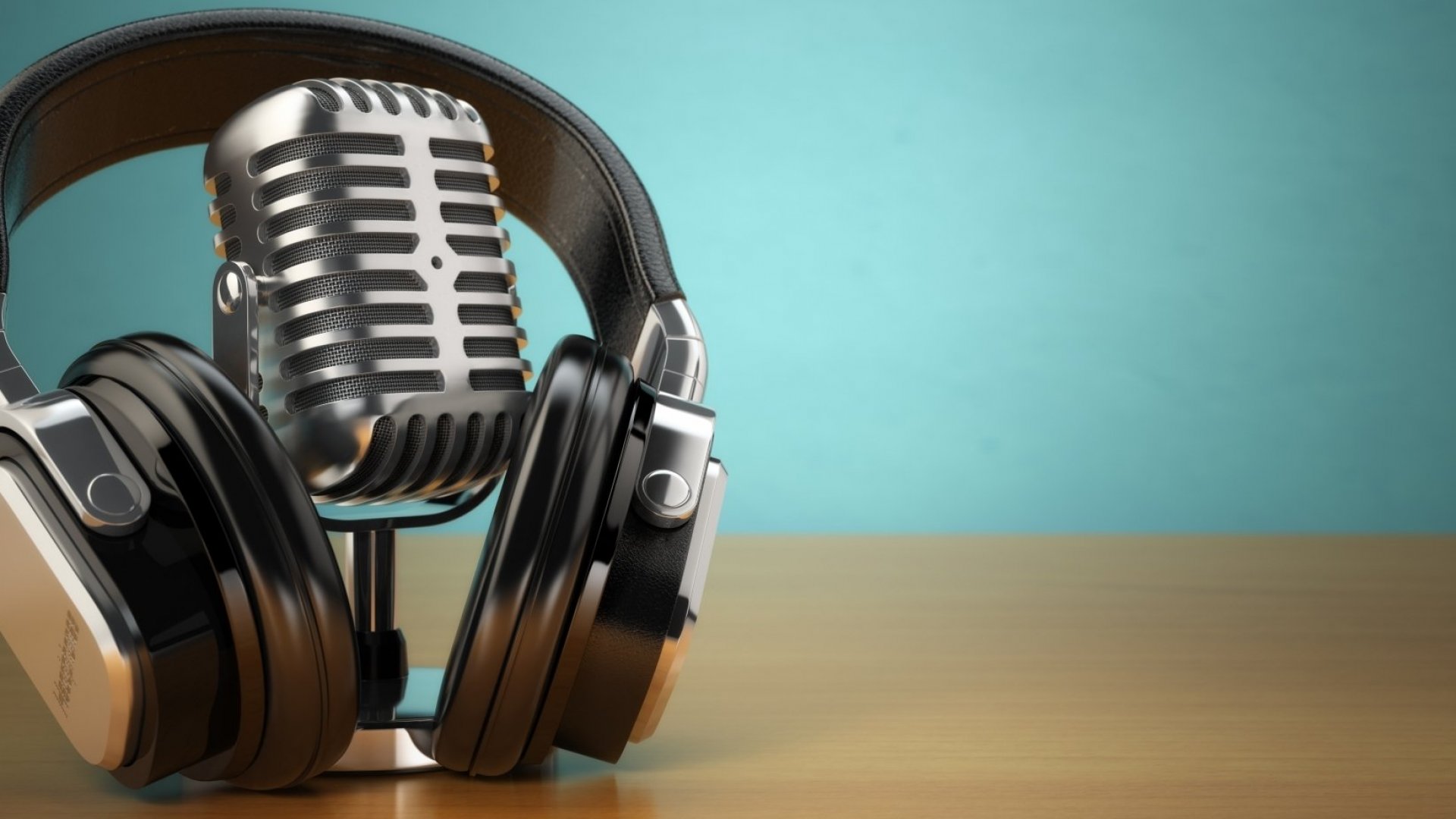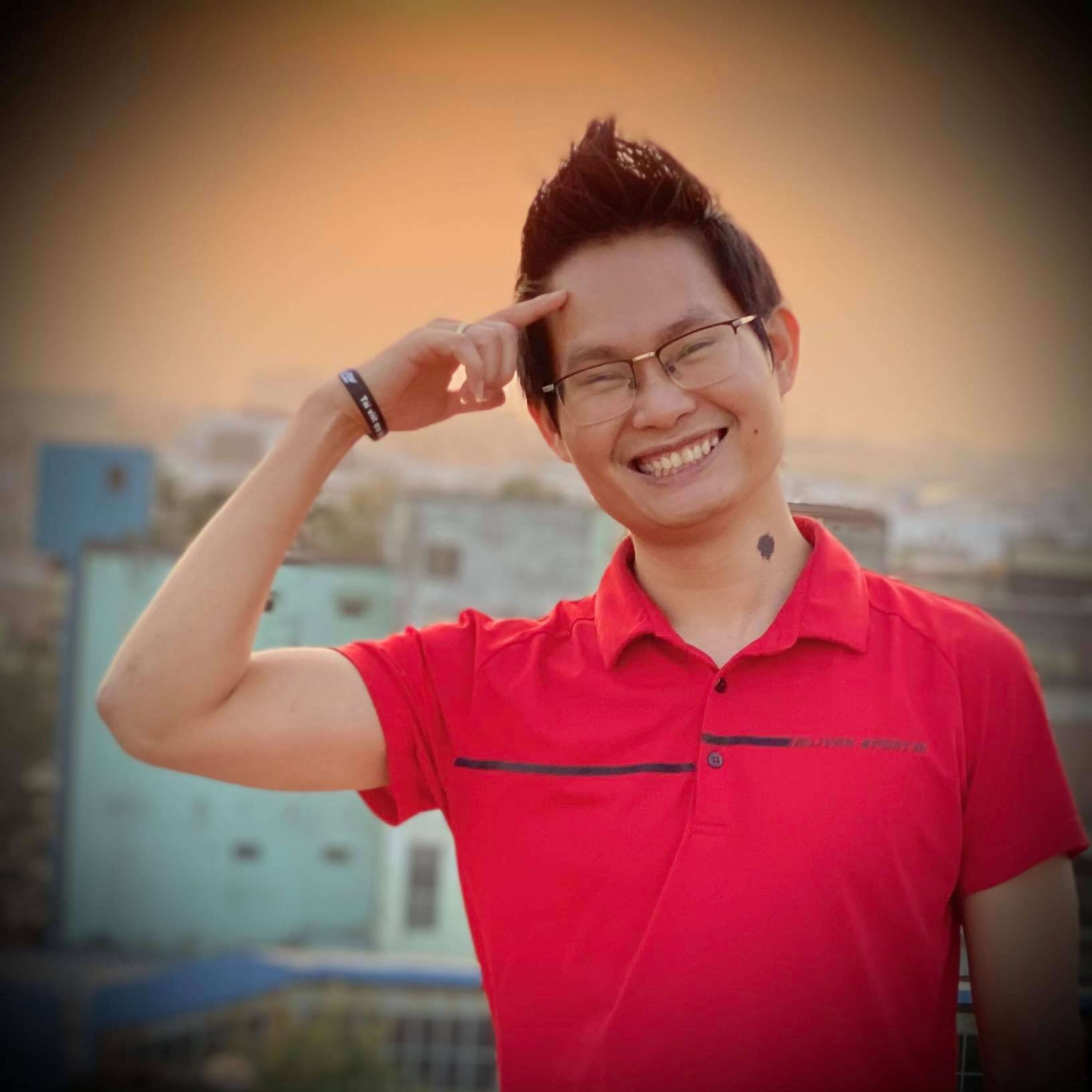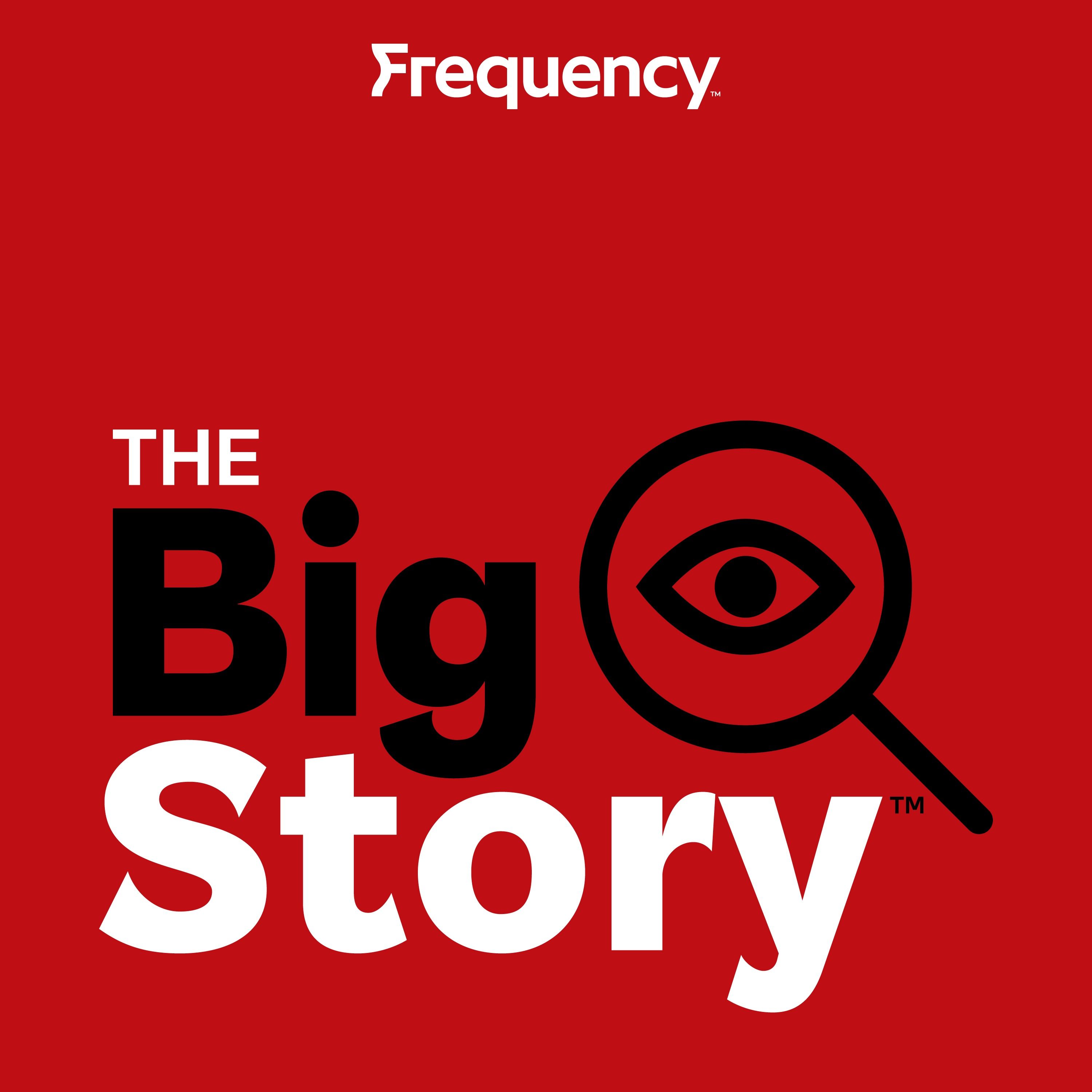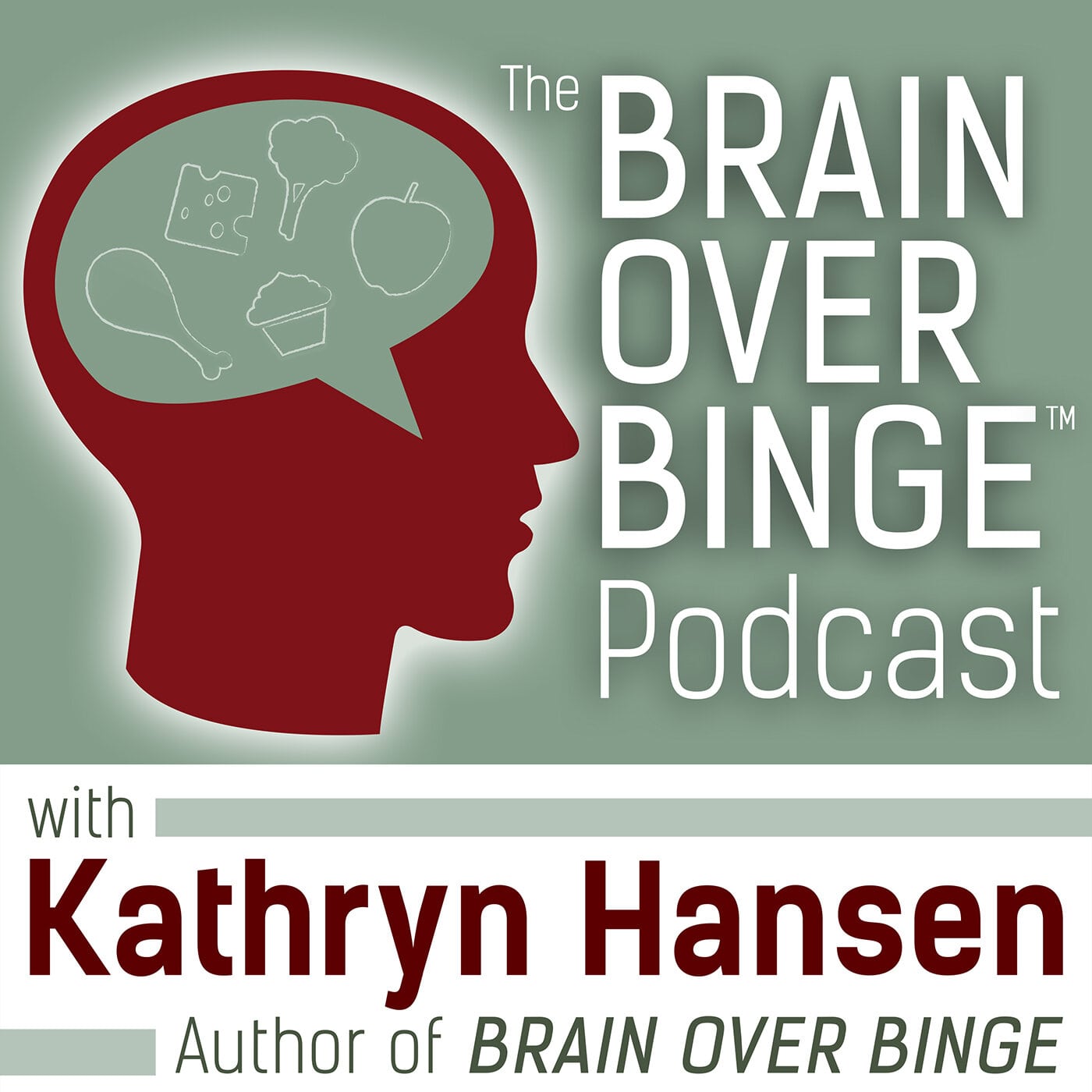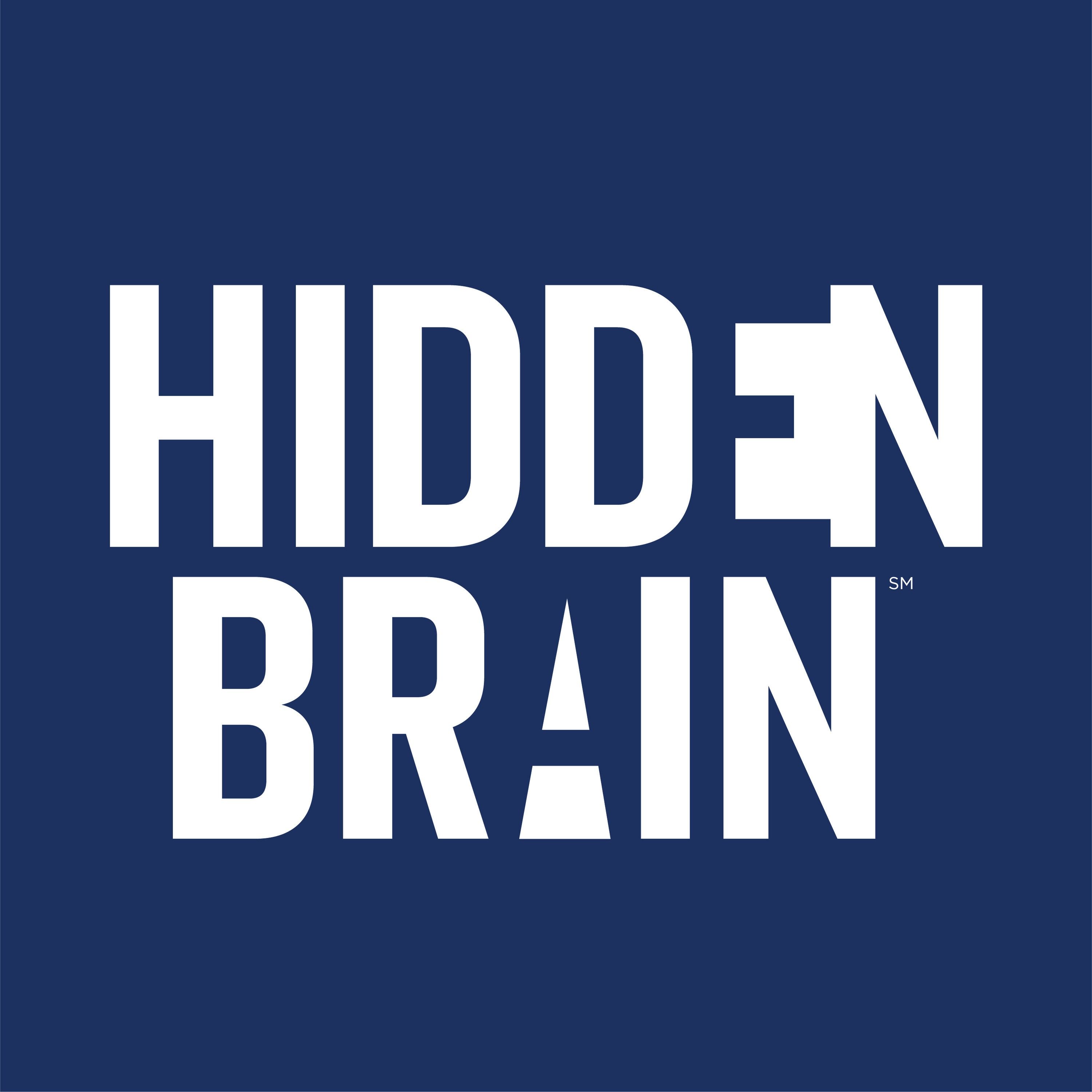The Paradox of Pleasure
All of us think we know what addiction looks like: it’s the compulsive consumption of drugs, alcohol, or nicotine. But psychiatrist Anna Lembke argues that this definition is far too narrow — and that a broader understanding of addiction might help us to understand why so many people are anxious and depressed. This week, we begin a two-part series that explains how and why humans are wired to pursue pleasure, and all the ways the modern world tempts us with addictive substances and behaviors.Do you like the ideas and insights we feature on Hidden Brain? Then please consider supporting our work by joining our new podcast subscription, Hidden Brain+. You can find it in the Apple Podcasts app, or by going to apple.co/hiddenbrain. Thanks!
